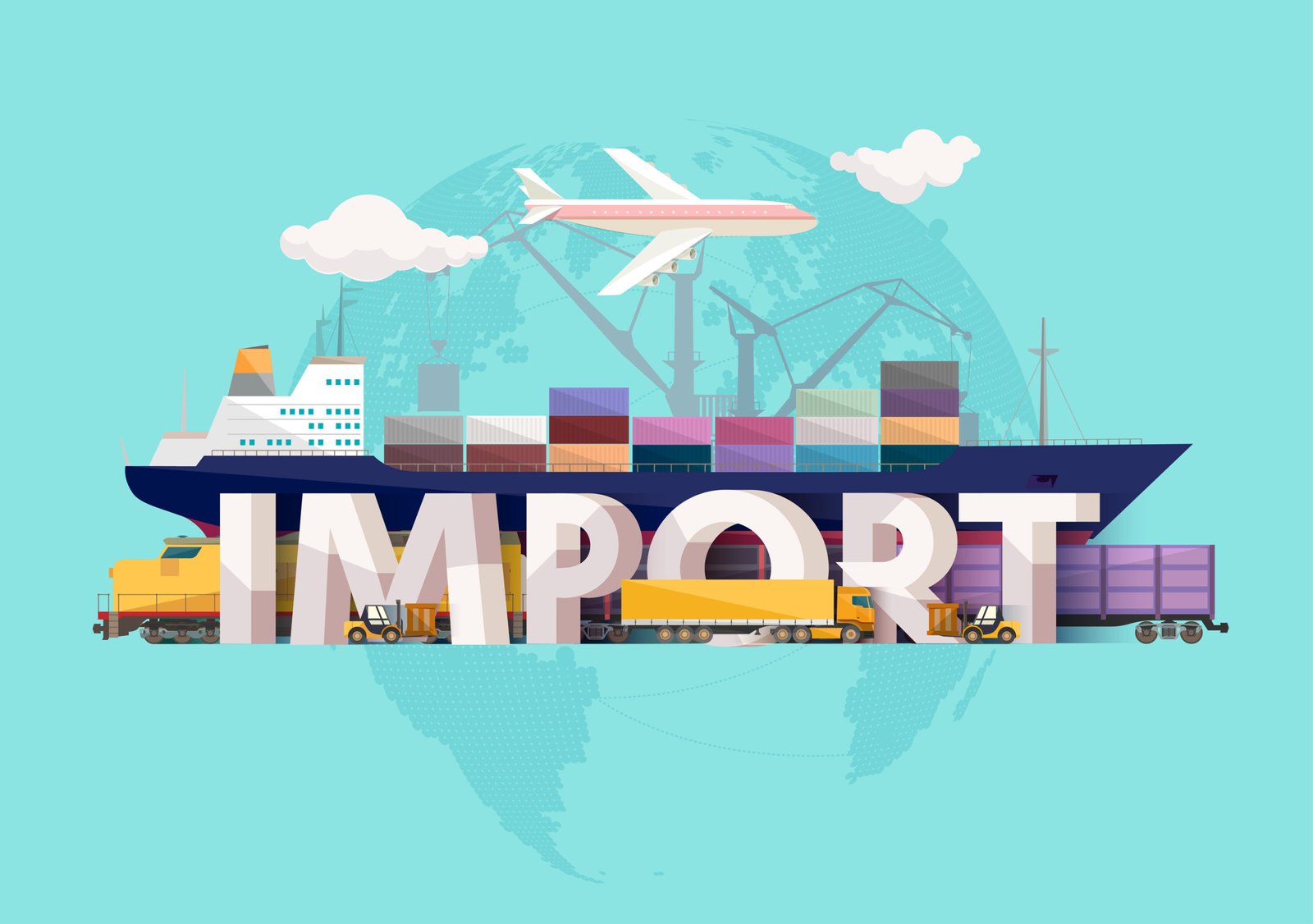Saint Kitts and Nevis Imported Over EC $750 Million in Goods from the United States in 2024.
Paragraph 1: St. Kitts and Nevis’ Substantial Imports from the US
St. Kitts and Nevis (SKN), a twin-island nation in the Caribbean, recorded a significant trade volume with the United States in 2024, importing goods worth over EC $750 million. This substantial figure highlights the strong economic ties between the two nations and underscores the importance of the US market for SKN’s consumption needs. The information was revealed by Prime Minister and Minister of Finance, Hon. Dr. Terrance Drew, during a media roundtable discussion on April 2nd, 2025. The Prime Minister elaborated on the implications of this trade relationship, emphasizing the considerable inflow of American goods into the SKN economy.
Paragraph 2: US Tariff Imposition and its Impact on SKN
Coinciding with Prime Minister Drew’s announcement, US President Donald Trump declared a 10% tariff on exports from a majority of Caribbean countries, including St. Kitts and Nevis. This tariff, essentially a tax on imported goods, is anticipated to affect the existing trade dynamics between the US and SKN. This move by the US government has raised concerns about potential impacts on the SKN economy, given the considerable volume of imports from the US. The Prime Minister acknowledged the potential implications of this tariff on the cost of goods imported from the US, potentially affecting consumers in St. Kitts and Nevis.
Paragraph 3: SKN Government’s Response to Food Security Concerns
In light of the US tariff announcement, the SKN government, under Prime Minister Drew’s leadership, addressed concerns about food security. A significant portion of SKN’s food imports originates from the US, and the newly imposed tariff could lead to increased food prices. Prime Minister Drew assured the public that the government is actively working to mitigate the potential effects of the tariff on food security. He reiterated the government’s commitment to ensuring stable food supplies and affordable prices for the citizens of St. Kitts and Nevis.
Paragraph 4: Implications of the US Tariff on SKN’s Economy
The 10% tariff on US imports has wide-ranging implications for SKN’s economy. Beyond increased consumer prices, the tariff could potentially affect businesses that rely on imported US goods, potentially impacting their profitability and competitiveness. The long-term economic consequences of the tariff are yet to be fully understood, but the SKN government is monitoring the situation closely and exploring various strategies to minimize negative impacts. The Prime Minister underscored the importance of diversifying import sources and strengthening regional trade relationships to mitigate reliance on the US market.
Paragraph 5: Strategic Approaches to Mitigate Tariff Impact
The SKN government is exploring a multi-pronged approach to address the challenges posed by the US tariff. This includes exploring alternative import markets to reduce reliance on US goods, particularly in the food sector. Promoting local production and enhancing agricultural self-sufficiency is also a key priority to buffer against external price shocks. Further, the government is actively engaging in dialogue with regional partners to explore opportunities for increased trade within the Caribbean Community (CARICOM), aiming to enhance regional economic integration and reduce dependence on external markets.
Paragraph 6: The Future of US-SKN Trade Relations
The imposition of the US tariff introduces a new dimension to the trade relationship between the US and SKN. While the immediate impact is a concern, the long-term implications remain to be seen. The SKN government’s proactive approach to address potential challenges underscores its commitment to safeguarding the nation’s economic interests. The situation highlights the importance of diversification and regional cooperation for small island developing states like SKN, potentially leading to a recalibration of trade strategies and a greater emphasis on building resilience in the face of external economic pressures.
Share this content:












Post Comment